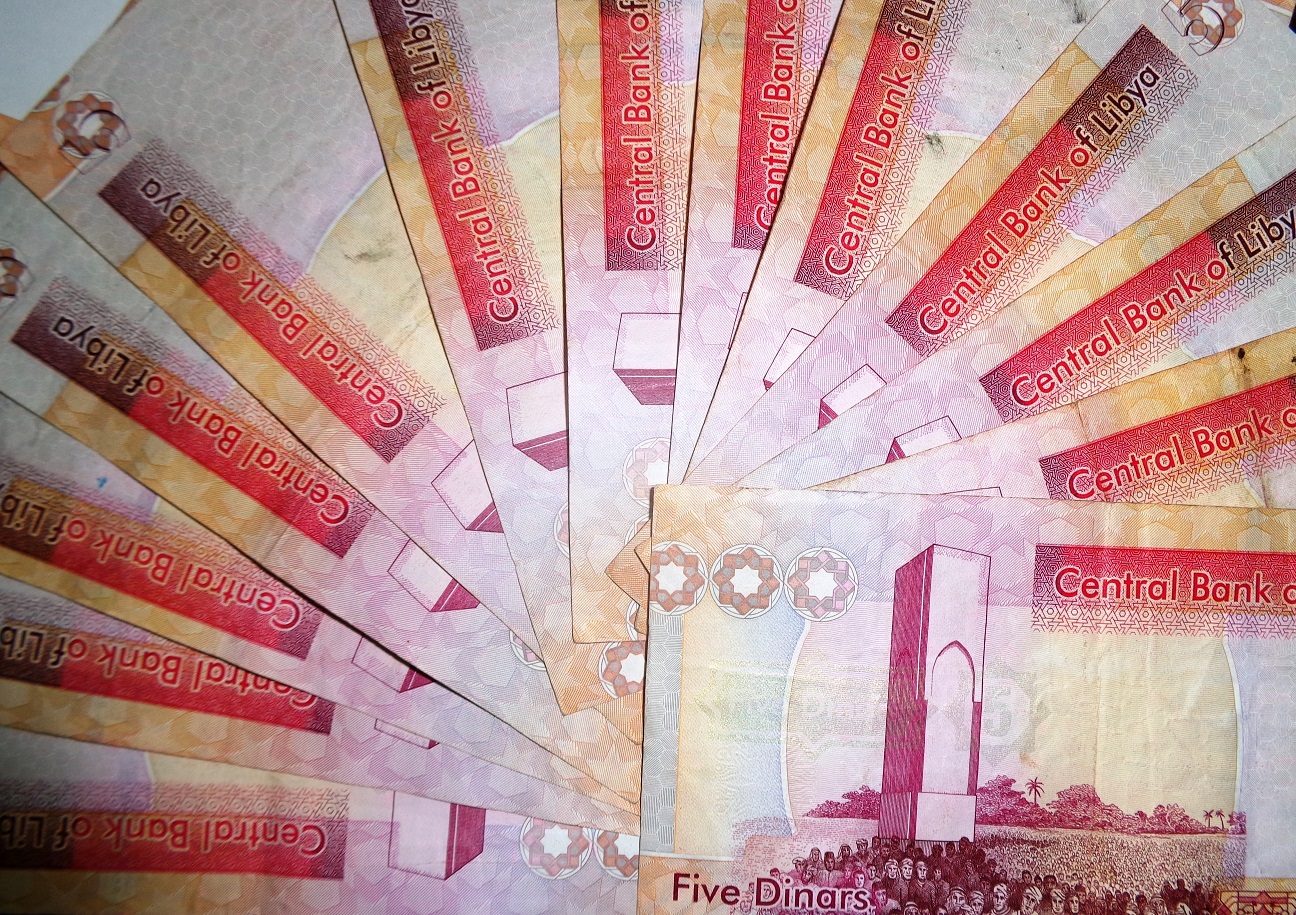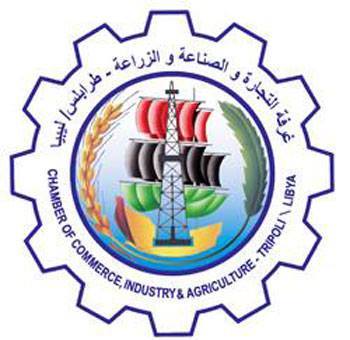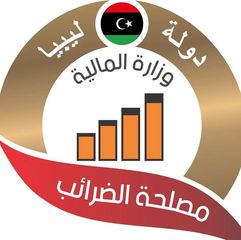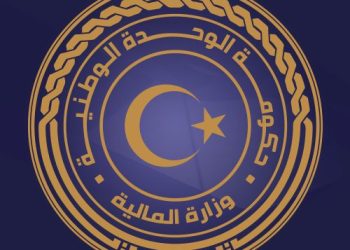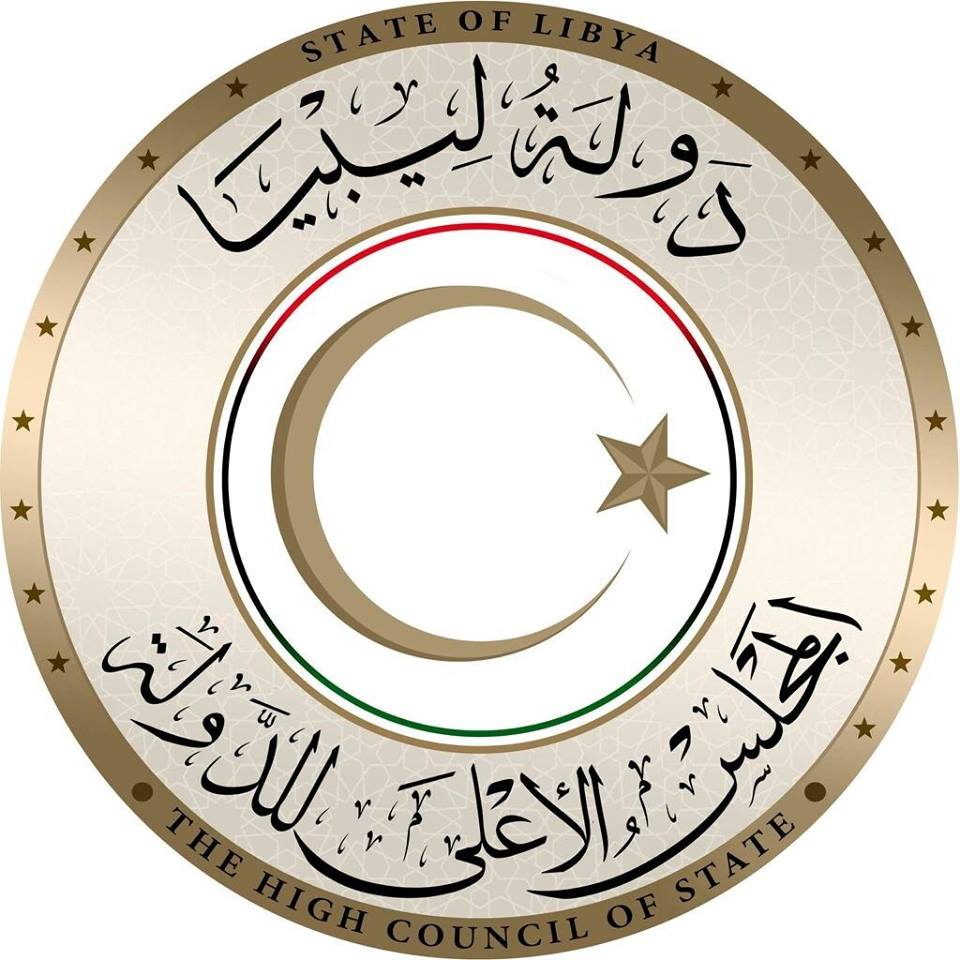By Sami Zaptia
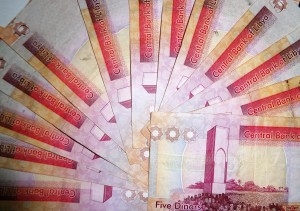
Tripoli, 7 July 2014:
The 2014 Budget was noteworthy for an attempt by the Libyan state to wrestle back some power . . .[restrict]from its citizens and impose and re-establish some kind of economic and fiscal control.
The Libyan public, armed with a new liberty gained from its nascent democracy, has proved a handful for its successive yet weak legislatures and executives to control. This liberty is coupled with a desire to refuse to secede to central control and buttressed by the widespread dissemination of arms liberated from Qaddafi’s huge arsenals during the February 2011 revolution.
This uncontrolled liberty, or chaos, as some would say, has meant that both the executives and the legislature have been unable to resist the demands or pressures of the public for concessions. These pressures have often been armed coercion by various civilians or militias, be it at oil fields, oil pipelines, airports, ports, refineries, government buildings etc.
In financial terms, these concessions by the state have translated into expensive treatment abroad for thousands of war injured militias (and some members of their families too), unpaid taxes, unpaid customs duties, unpaid electricity bills, unpaid water and sanitation bills, increased wages (including duplication for civilians and militias) and increased jobs (including the duplication of jobs by civilians and militias).
The failure to turn up to work by thousands, maybe hundreds of thousands of state sector employees has in practice often necessitated in the state employing necessary new extra staff who actually turn up to work and do some work.
Nevertheless, it is hoped that by the state going for a multipronged attack on reducing public spending in the 2014 budget through:
1-Freezing public sector wage increases in 2014,
2-Freezing the signing of any new state sector contracts by the current Caretaker government of Abdullah Thinni,
3-Prescribing that the National ID Number is used for all public sector disbursements in order to reduce corruption in the form of duplication of jobs and wages,
4-Reducing the import of non-essential products and hence saving on foreign exchange reserves, and
5-Reforming the runaway subsidy system.
Reforming the subsidy system should have the multiple effect of saving foreign currency reserves, freeing up budget allocations for other investments and development sectors, and un-repressing and activating the private sector by allowing it to be able to compete in the absence of under priced subsidized goods that warp the market.
Subsidy reform would also put an end to the smuggling of Libya’s subsidized petrol and food into Tunisia, Chad, Niger, Sudan and Egypt. Besides the wasted investment in these smuggled goods, revenues from the illicit trade in subsidized fuel and food products contribute to the illicit trade in white slavery, weapons, alcohol and drugs – all contributors to Libya’s economic and security instability .
The GNC, Libya’s current legislature is coming to the final days of its term, as the newly elected House of Representatives prepares to take over its role. It will be interesting to see the new dynamics of the newly elected body and how they view this battle by the nascent Libyan state to re-establish its power and sovereignty.
Only by wrestling some control back from the new post February 2011 revolution power centres of the tribes, militias, towns, cities and regions can the newly democratically elected legislature and its government affect positive change and improve the standard of living of the electorate. [/restrict]
